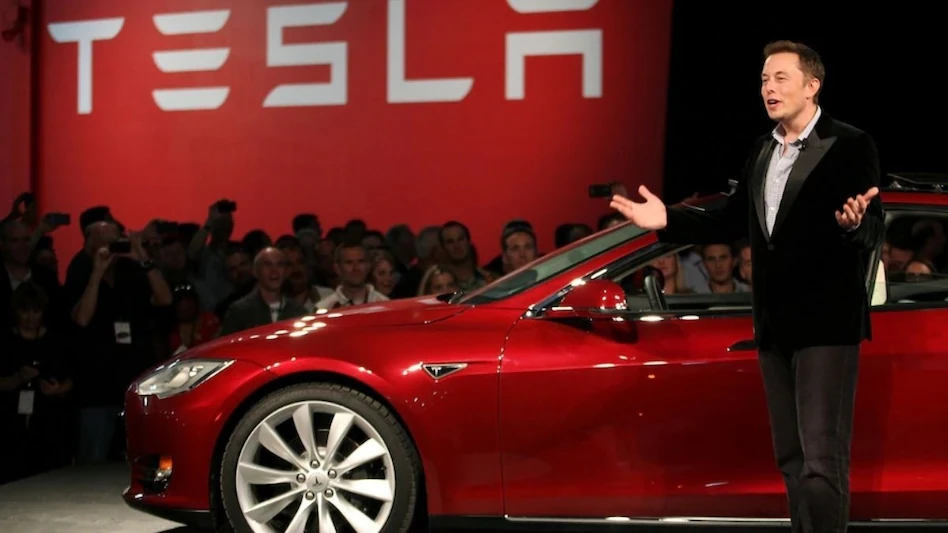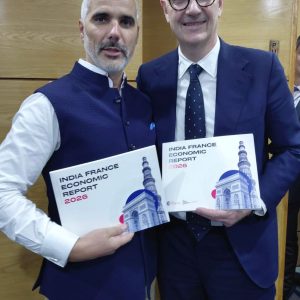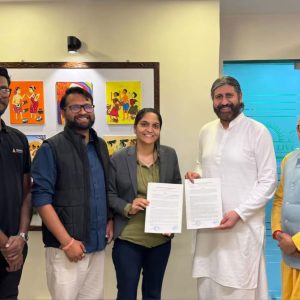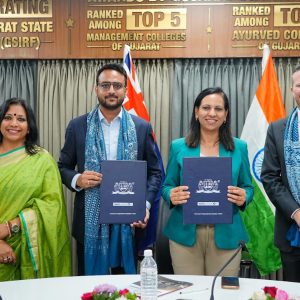As India gears up to introduce its new electric vehicle (EV) policy in April—offering reduced import duties to attract global manufacturers—Tesla is expected to focus on its direct-to-consumer (D2C) sales model before considering local production. According to sources cited by Business Today, the U.S.-based EV giant may begin operations by importing vehicles and selling them through company-owned outlets, with manufacturing plans to be assessed at a later stage.
The upcoming Scheme for Promotion of Manufacturing of Electric Passenger Cars in India (SPMEPCI) aims to establish India as a key EV manufacturing hub by offering significant incentives. Under this policy, import duties on up to 8,000 vehicles per year will be slashed from 70% to 15%, provided companies commit to local manufacturing. To qualify, manufacturers must invest at least ₹4,150 crore ($500 million) within three years and meet domestic value addition (DVA) requirements—25% by the third year and 50% by the fifth year. Additionally, up to 5% of the pledged investment can be allocated to charging infrastructure development. The scheme supports both greenfield and brownfield investments.
While Tesla has yet to participate in government consultations regarding the policy, reports suggest the company is closely monitoring developments. “In mid-January, we invited stakeholders, including OEMs, for discussions on the policy, but no Tesla representative attended,” a government official stated.
Tesla’s entry into India is expected to align with its global strategy of selling directly to consumers. Depending on market response and regulatory conditions, the company may explore manufacturing opportunities in the country in the future.
Meanwhile, other major automakers—including Hyundai, Kia, and Volkswagen—have shown interest in leveraging the policy’s incentives. “Tesla’s investment in India would not only generate employment but also strengthen local supply chains,” a source added.











